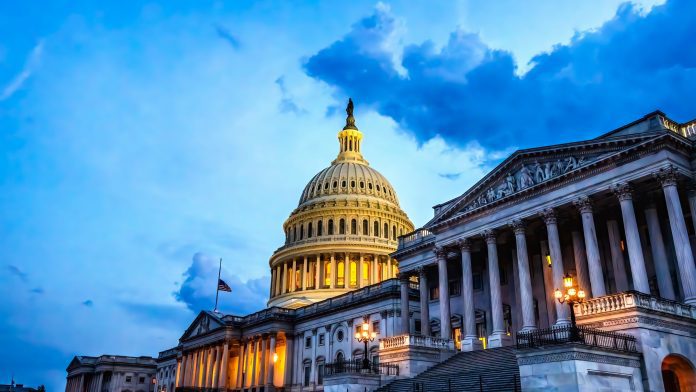Senate Republicans introduced a sweeping tax and budget proposal on Monday that would terminate several federal incentives tied to electric vehicles and clean energy. Under the proposed legislation, the $7,500 federal tax credit for new EV purchases would end 180 days after the bill is signed into law, while the credit for leased EVs manufactured outside North America would end immediately.
The bill, part of President Donald Trump’s broader economic package, also targets the $4,000 tax credit for used EVs, which would expire 90 days after passage. Leased vehicles that meet stringent requirements, such as North American assembly, battery sourcing and mineral content, could still qualify for the $7,500 credit for up to 180 days post-enactment.
Unlike the House’s proposal, which would allow the new EV tax credit to continue through 2025, the Senate version accelerates the timeline, drawing criticism from climate advocates and renewable energy backers. The House measure would also extend credits through 2026 for automakers that haven’t yet sold 200,000 EVs.
Beyond the EV market, the Senate proposal would eliminate or reduce most clean energy tax credits enacted under the 2022 Inflation Reduction Act. Solar and wind projects would need to begin construction within six months of the law’s passage to qualify for full tax benefits. Projects starting in 2026 would receive only 60% of the current credits, dropping to 20% in 2027. These changes significantly shorten the phase-out period compared to prior legislation and have already led to declines in U.S. solar company stock prices.
The legislation includes a few targeted incentives, such as extending tax-exempt interest on auto loans for U.S.-built vehicles through 2028, though it phases out the benefit for individuals earning more than $100,000 annually. It also continues to support clean energy, including credits for geothermal, hydropower, and clean fuels, although with reduced values for certain imports.
The proposal marks a sharp reversal of previous federal policies promoting EV adoption and renewable energy development. As states like California move to phase out the sale of gas-powered vehicles by 2035, the Republican-led bill signals a fundamental policy shift that could reshape the auto and energy sectors.



